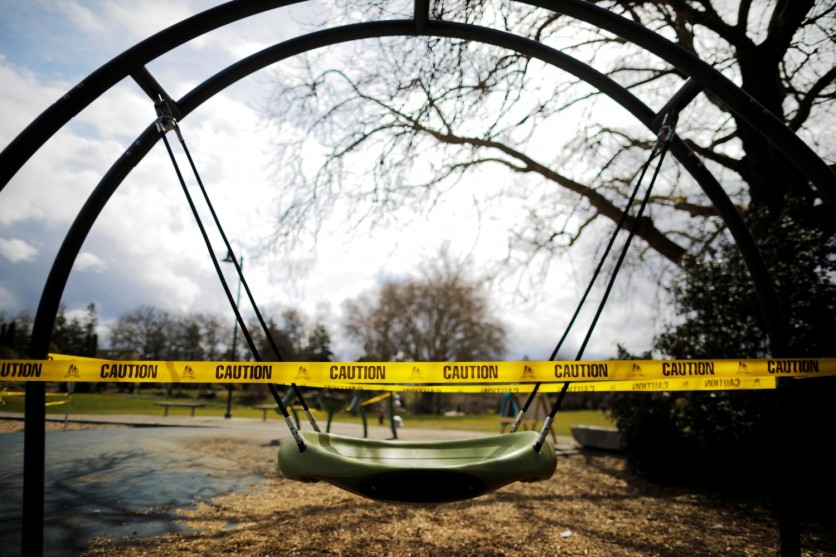
Internet infrastructure is being put under massive stress globally due to government-imposed lockdowns throughout the coronavirus crisis, new statistics show.
Australian researchers created a 'global internet pressure' map that exhibits the stress COVID-19 is placing on the internet as people are told to live at home. The software in the back of the map, advanced by data company KASPR Datahaus, collects and approaches billions of internet activity and quality measurements daily.
More people at home would mean larger bandwidth appetites

KASPR Datahaus said any bandwidth-extreme interest, which includes HD video streaming and graphic-intensive online gaming, can make a contribution to congestion. 'More people at home means more [humans] online - with large bandwidth appetites,' said Professor Paul Raschky, co-founder of KASPR Datahaus.
Raschky said this situation is not dissimilar to a family looking to make their way in a crowded subway tunnel. According to him, streaming video or video upload during teleconferencing is made up of small packets of information. These packets must find its way down copper and fiber-optic cables across vast distances, he added.
He explained the more streaming packets looking to make the activity at once, the more congested the pathway is and the slower the arrival time.
The group tested how each nation's net was appearing amid the fast escalation of home-based activity. Thee activities include gaming and streaming films, video-conferencing, and other online communication.
They observed adjustments in internet latency that emerged between March 12-13 when France, Spain, and Italy started government-imposed lockdowns, compared with February 13-14.
Users are experiencing bandwidth congestion
While the values may appear noticeably small, with three percent or seven percent, Raschky said results indicate that many users are probably experiencing bandwidth congestion.
The team focused on international locations with at least 100 confirmed instances of COVID-19 as of March 13, as those are the most likely to have undertaken vast social distancing activities. The map reveals strain on internet networks is being especially felt in Italy, Spain, Sweden, Iran, and Malaysia, while Australia is increasing up.
In the UK throughout this duration, there was an boom in internet latency among mid-February and mid-March of around four per cent.
In most OECD international locations which might be laid low with COVID-19, Raschy said net quality is stable. Although he clarified the regions in Italy, Spain, and Sweden are showing internet strain.
The figures in the map may be changing, as they are continuously being up to date and closely monitored.
The crew additionally created a photo that indicates net pressure throughout workdays over a slightly prolonged period - February 12-14 to March 18-20.
Governments, network providers urged to restrict few online services
KASPR Datahaus said governments and network providers may want to restrict a few online services. However, networks might unlikely grind to a halt because of site visitors spikes.
Eoin Keary, founder and CEO of computer security employer Edgescan, said the switch to corporate internet service providers (ISPs) to home ISPs could complicate problems.
'The site visitors is routed by distinct systems and providers, some of which are not designed for bandwidth,' he told MailOnline.
Video game professionals urged video gamers to lessen the time they spend playing games online during working hours to reduce network stress. The suggestion provoked outraged responses from gamers on social media.
Streaming services -- which include Netflix, Amazon, and YouTube -- have agreed to lower the streaming quality in Europe to lessen the risk of community overload.
But need to networks start to pressure below developing usage, governments ought to step in and enforce further measures, Mann stated.
ⓒ 2026 TECHTIMES.com All rights reserved. Do not reproduce without permission.




